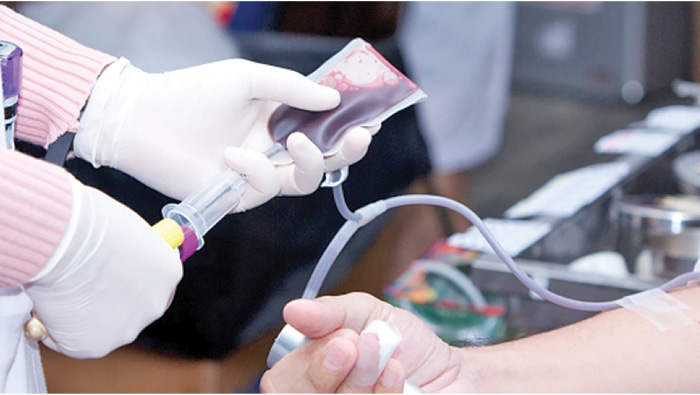
Muscat: Premarital screening for hereditary blood disorders should be made obligatory for all residents of the Sultanate, according to an official at the Ministry of Health.
Dr. Amal Ahmed Al Balushi, Medical Officer at Ministry of Health, said, “Due to the high rate of consanguineous marriages in Oman, there is a correspondingly high prevalence of hereditary blood disorders. There is an urgent need to prioritise health services and concentrate on preventative cost-effective measures.”
The most common hereditary blood disorders in Oman are sickle cell disease (SCD), beta thalassaemia and glucose-6-phosphate dehydrogenase (G6PD) deficiency, Al Balushi mentioned in her recent publication in the Sultan Qaboos University Medical Journal.
“Although premarital carrier screening has been in place in the country since 1999 and is available on an optional free-of-charge basis at all governmental healthcare institutions, young couples are opposed to actually taking the test themselves,” the doctor said.
“Reasons for this reluctance might be related to fears that positive carrier results could lead to the cancellation of the marriage, with various social, cultural, psychological and financial implications,” Al Balushi added.
The premarital service includes a blood test involving carrier testing for SCD, beta thalassaemia and G6PD deficiency.
“Subsequently, a counselling session is provided during which the couple receives the results of the blood test and is informed about the risk and consequences of having children if they are both carriers. They are also provided with information about possible solutions to avoid passing on the trait to their offspring,” she added.
Al Balushi believes that mandating premarital screening could reduce hereditary blood disorders in Oman. To implement such a legislation, multilevel collaboration is needed among various institutions in the Sultanate. Educational programmes may be necessary to ensure understanding of, and compliance with, the goals of the programme within the Omani population.
“Compulsory premarital screening is recommended for all Omani adolescents at approximately 16 years of age to cover the entire target population at an early age. This could also help avoid the potential inconvenience associated with learning of positive screening results after becoming engaged,” she said.
“Although I was getting married outside my family and into an entirely different tribe, I was very clear about undergoing the premarital screening test after seeing some extreme cases in my family and having a fear of being one of the carriers,” said a local resident of Oman.
“To my luck, all the results were negative. However, I wish that this practice becomes mandatory for all the residents to avoid any complication and heartbreaks in the future,” the resident added.
Dr Ali Anees Hanoosh, GP and Family Physician at Azhar Polyclinic, noted that although it was a sensitive topic in Oman, more couples were showing interest in premarital screenings.
“I have seen more patients seeking this type of counselling. I now have more young people coming to me, away from their families, away from any pressure, to do something about it,” he said.